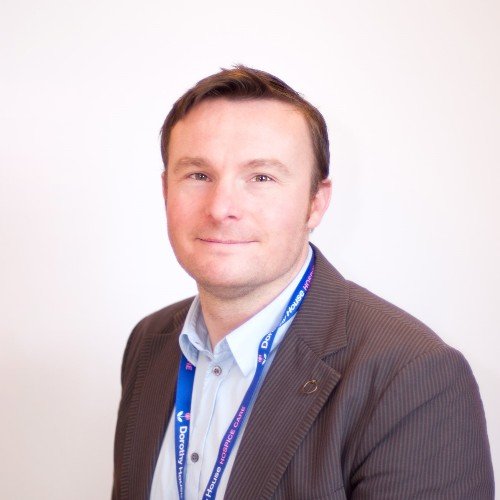The power of the ‘in-between’ time
James Byron was thrilled to be invited to a special The Power of Liminal Time workshop.
The workshop offers a step by step guide to anchor and prepare you for when someone you love dies. Described as “a gentle but profound masterclass in death literacy,” this workshop is carefully designed to give participants the skills needed to help prepare people to successfully navigate the time between the death of someone they love, through to, and including organising the funeral, and on to the days immediately after.
The Power of Liminal Time workshop
These workshops were developed and are facilitated by Isabel Russo, who has spent the last 15 years in the world of ceremonies and funerals. Head of Ceremonies at Humanists UK for seven years, she has conducted over 600 ceremonies including those of Victoria Wood, Terry Jones and Doris Lessing. The original Liminal Time concept was co-created by Isabel and Fran Hall who are Executive Directors of The Good Funeral Guide which informs, supports and empowers people at a time of bereavement.
Definition: Liminal time, derived from the Latin word "limen" meaning "threshold," describes a period of transition or "in-between" time, where one is neither in the previous state nor fully transitioned into the next.
My experience of the workshop
This blog is a personal journey, offering a white male perspective on a session which focused on the male experience, held exclusively for men, reflecting the lack of male involvement in theoretically mixed groups to date, that is in no way meant to lessen any other experiences.
From the moment of arrival there was an overwhelming sense of welcome. Isabel opened the session talking about the specifically male experience of intergenerational trauma handed down from fathers to sons over the generations. If I’m honest I felt like I’d somehow ducked this one having never met my grandfathers. We also talked about what liminality meant to us and I was very ready for that, talking with enthusiasm about Philip Pullman and the way he uses the concept in different ways in his plots, not least the liminal space of the flood in La Belle Sauvage. So far, so good.
Then we talked about our relationship with death. There had been tears well before my place in the circle was reached. Men talked about their childhood memories of ‘the troubles’ in Northern Ireland and seeing Jamaican gang violence first hand. I went in ready to talk about the death of my first son at seven months, and I did, emphasising that my trauma was resolved, 12 years on.
The influence of fathers on sons
Now for the spoiler alert – it turned out to be all about our relationships with our dads, dead or alive. It might be something about the likelihood of men dying before women, but it felt like the father/son relationship did have unique difficulties after all. There was certainly no sense that it was because anyone there didn’t love their mum. To a man, we all turned out to have unresolved tensions in the relationships with our fathers that had, or would, play a part in how we experience the end of their lives.
If, as Claude Debussy may have said, "Music is the space between the notes" then perhaps it is what I didn’t say that was where the real journey of the day would take me.
When I was seven my Dad had stomach cancer, needing his entire stomach to be removed. His chances were 50/50 of being alive in a year. He lived, so all good.
The workshop artfully guided the group through 13 steps, each representing a phase during the period just before, to one month after a death. You walk these steps through with a person you’ve selected in mind. It nearly wasn’t my dad, but even the conversation inside my head couldn’t deny that focusing on anyone else would have been just another act of denial.
What was so profound was learning from what others shared. The universal relevance of disparate experiences were incredible to absorb.
Somehow Isabel had created the perfect environment for self-realisation. I know from speaking to others who were there that they found the experience just as impactful as I did. Someone commented they would now be much better prepared for the end of a loved one’s life that they expected than they had been for previous deaths.
The legacy of the workshop
The legacy for me was something very different and more immediate. Meeting up with a friend I’ve not seen for ages, he waited until the very end of the night to share what he’d been working through. In his case, it was his son reaching the age he had been when his own father attempted suicide. His dad lived, and it was only now it had even occurred to him to mention this experience to his wife of many years. The workshop left me ready to respond by sharing for the first time with him what I left unsaid on the day.
Perhaps together we can put the past behind us, as men talking to other men. And, if we’ve still got the chance, by talking to our fathers. Those of us with sons definitely left refocused on not repeating the mistakes of generations past. That’s quite something for a day spent chatting in a small circle!
If you feel you need support with a bereavement, take a look at our grief resources.



